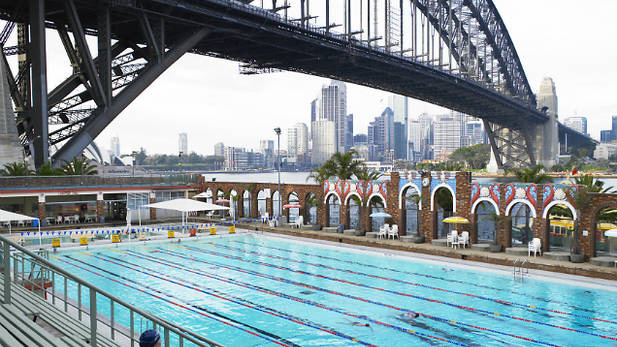
Swimming Pool Technology - 'Fast' Pools -v- 'Slow' Pools
Monday, July 18, 2016
This is a simple question which could get you a very complicated answer! But here's the quickie version you can read in a couple of minutes and get the picture!

Definitions
First of all, a fast pool is specially designed to use deep water, effective lane lines and wave-absorbing gutters which help swimmers and produce faster times. On the other hand, slow pools are shallower with a construction that creates and reflects waves causing water resistance that slows swimmers down.
Temperature
This also has a huge effect on swimming performance and differentiates fast pools from slow pools. For example, cold water causes a shock to the respiratory system that restricts breathing and makes cold pools slower.
On the other hand, if the pool water is too hot it won't remove all the excess sweat/heat generated by a swimmer. This means you end up using more energy which also produces slower times. A fast pool is 26º centigrade plus or minus 1º and is widely used in competitive swimming.
Lane markers
New technology has brought improved racing lane lines that control water turbulence and stop wave action to produce faster races. In addition, some new pools have a buffer lane along the course which forces waves to pass through the lane line twice before they can affect the swimmer.
Starting blocks & timers
Starting blocks and decking with a non-slip surface also promote faster race times. Fast pool starting blocks are firm with no springiness, helping swimmers launch themselves further forward at the start of a race.
Fast pools have electronic starters with speakers under each starting block, so the start is fair and even. Slow pools using a starting pistol disadvantage the far lane swimmer who'll hear the sound a tenth of a second later than the first lane guy.
Slow pool characteristics
A steep slope down to the pool bottom means swimmers coming from deep to shallow get pushed back by displaced water bouncing off the slope. Poor wave control causes choppy water. This makes it difficult to control your breathing, because you never know if you're going to suck in air or water - swimmers turn their head more to breathe and slow down.
All of this makes it easy to decide which type of pool is best for you. If you swim for fun or exercise any type of pool will serve your purpose. If you're a competitive swimmer a fast pool will help you reach your best times, but a slow pool will accustom you to swimming in difficult conditions!
